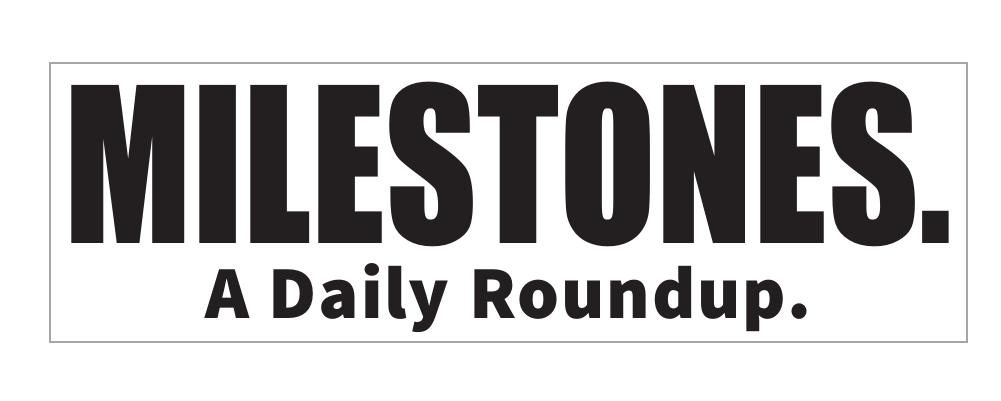Milestones: April 1, 2024

FIRST TREATY WITH THE FIRST NATIONS — THE FIRST ALLIANCE AND PEACE TREATY between Plymouth colony settlers and the indigenous Wampanoag Nation was signed on April 1, 1621. The colonists had made their first direct contact with a Native American person that March and the chief followed up with a visit to the settlement. They exchanged greetings and gifts, and soon after signed the treaty that would endure for 50 years. It provided that if a Wampanoag person broke the peace, he would be sent to Plymouth for punishment; likewise, if a colonist broke the law, he would be put in the custody of the Wampanoag.
The Plymouth colonists, also known as the pilgrims, were escaping not only religious persecution from the state church but also what they believed to be heresy from that authority. They believed that the Church of England violated the precepts and teachings of true Christianity. They set anchor in modern-day Provincetown but their leader, Captain Myles Standish did some exploring and found abundant running water and good fields at Plymouth.
✰✰✰

Brooklyn Boro
View MoreNew York City’s most populous borough, Brooklyn, is home to nearly 2.6 million residents. If Brooklyn were an independent city it would be the fourth largest city in the United States. While Brooklyn has become the epitome of ‘cool and hip’ in recent years, for those that were born here, raised families here and improved communities over the years, Brooklyn has never been ‘uncool’.